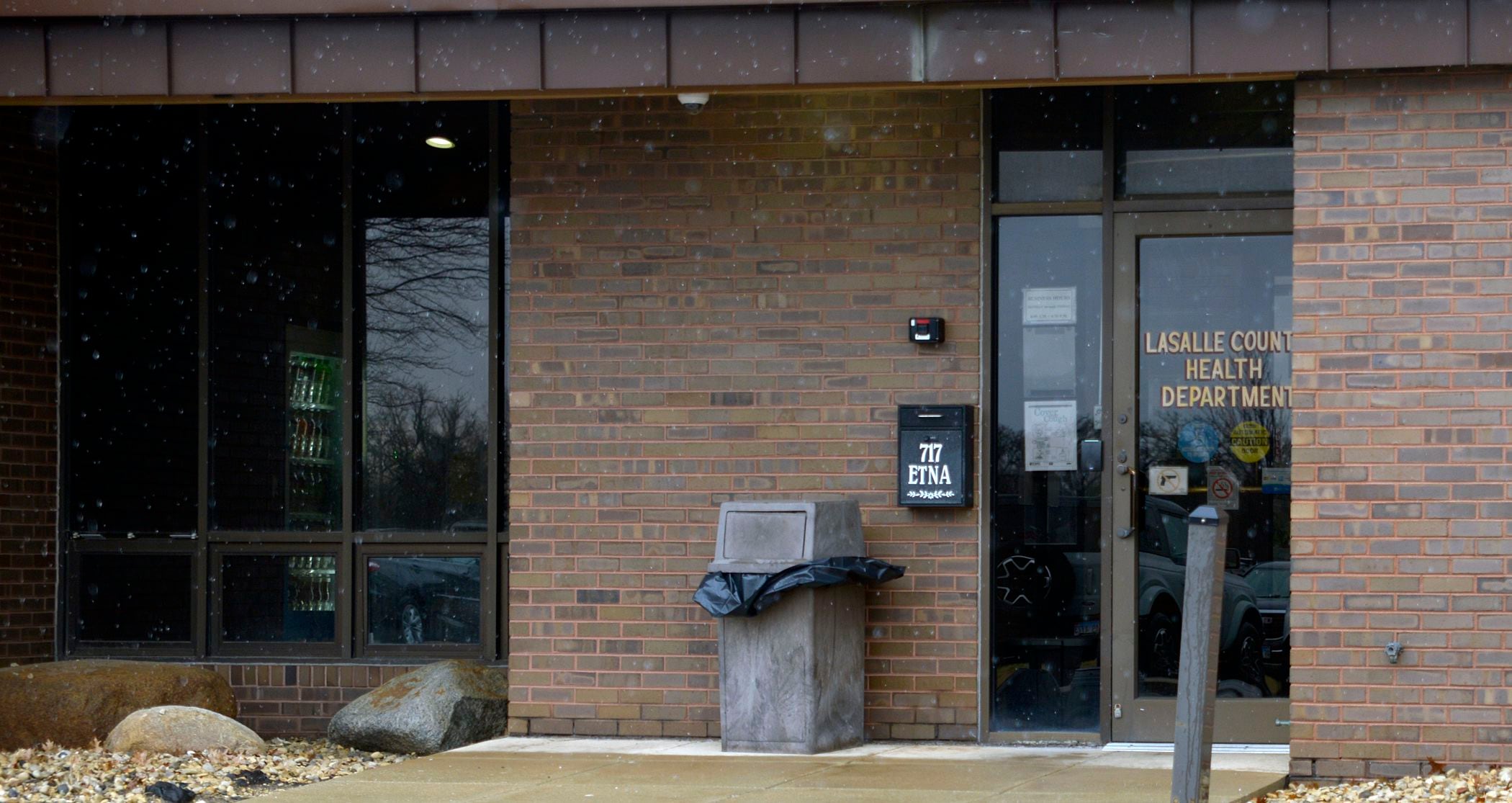The UK government has announced £65 million in funding for a new system called Borealis which is intended to help the UK military defend its satellites against threats. Borealis is a software system that collates and processes data to strengthen the UK military's ability to monitor what's going on in space. The government's investment, announced on March 7, underlines the increasingly critical role played by space systems in the modern world.
Space services play a key role in managing critical infrastructure such as the energy grid, transport systems and communications networks. For example, SpaceX's Starlink system has been vitally important for communication on the battlefield during Ukraine's war with Russia. It is just one example of the game changing potential of satellite based services.

The investment in Borealis also shows that the UK government is taking the threat to space systems increasingly seriously. From as long ago as 2019, senior US officials have warned that space is no longer considered a "benign environment". In 2021, a US general claimed that states were constantly conducting attacks on satellites, including jamming and cyber-attacks.
Announcing the Borealis system in 2025, Major General Paul Tedman, the commander of UK Space Command, characterised space as "increasingly contested". As the international order is coming under increasing pressure, nations are engaging in more combative behaviour, not just in space, but in cyberspace, and under the seas. A space system is composed of four parts – traditionally called segments.
These include the space segment (satellites and other spacecraft), the ground segment (ground stations, control rooms), and the user segment (a signal receiver, for example). Communications between these parts of the system form what's called the link segment. In addition to intentional attacks, satellites can also experience problems.
...
Top

New UK system to protect satellites against attack shows how global conflict has spilled into outer space

Space is becoming "increasingly contested", according to military experts. - theconversation.com











